Türkiye’s seas in danger: Growing threat of unregulated overfishing and pollution
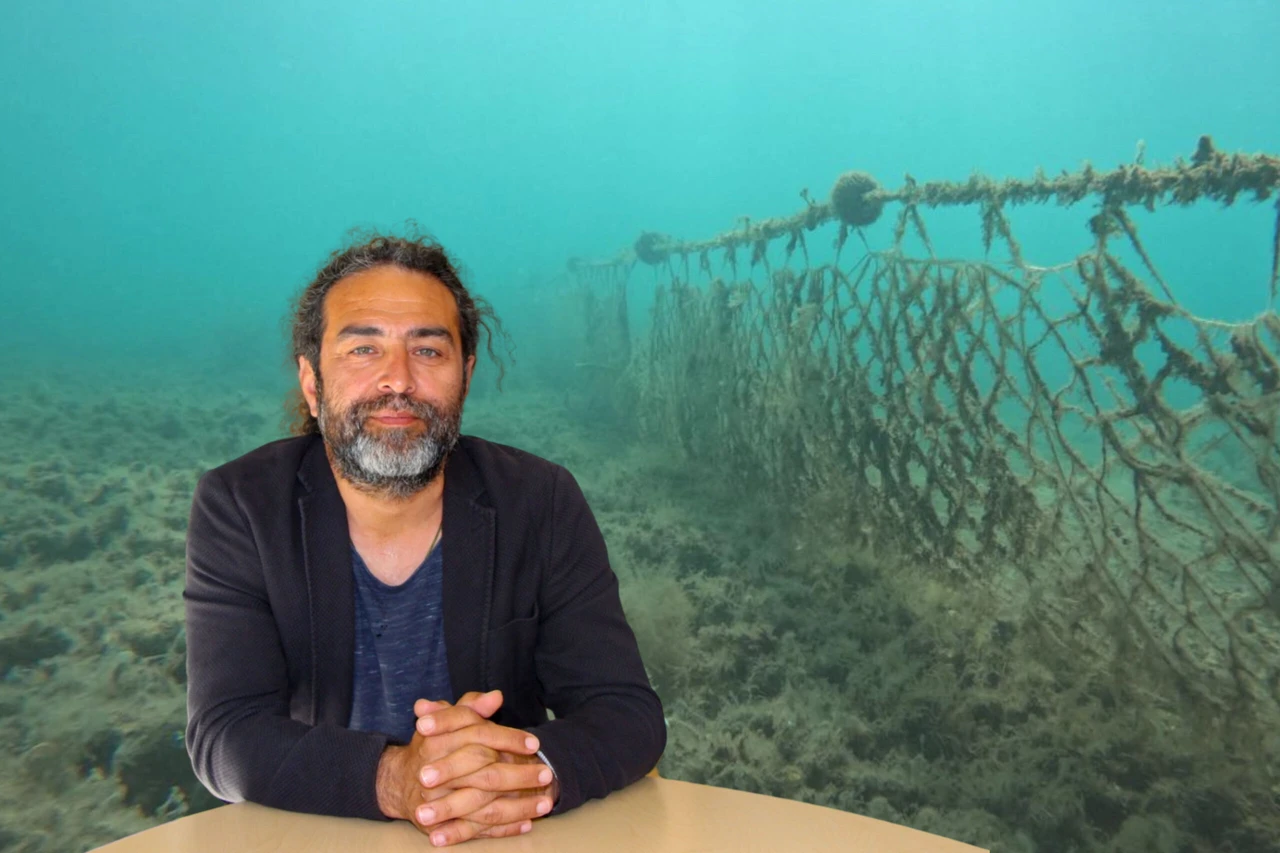 To tackle the ghost net threat in the Aegean and Marmara Seas, the "Ghost Net Removal Project" was initiated three years ago, resulting in the removal of approximately 50,000 square meters of ghost nets from the seas. June 14, 2023 (AA Photo) and Professor Deniz Ayas (Photo via Deniz Ayas' Archive)
To tackle the ghost net threat in the Aegean and Marmara Seas, the "Ghost Net Removal Project" was initiated three years ago, resulting in the removal of approximately 50,000 square meters of ghost nets from the seas. June 14, 2023 (AA Photo) and Professor Deniz Ayas (Photo via Deniz Ayas' Archive)
Recently, media outlets have been highlighting numerous reports about issues affecting marine ecosystems in the Mediterranean, Marmara, and Black Seas.
At Türkiye Today, we delve into the serious threats and consequences of overfishing on Türkiye’s marine ecosystem, particularly in the Mediterranean and Black Seas—some of the most impacted seas globally due to overfishing. We gained insights from an interview with Professor Deniz Ayas from the Faculty of Aquaculture at Mersin University.
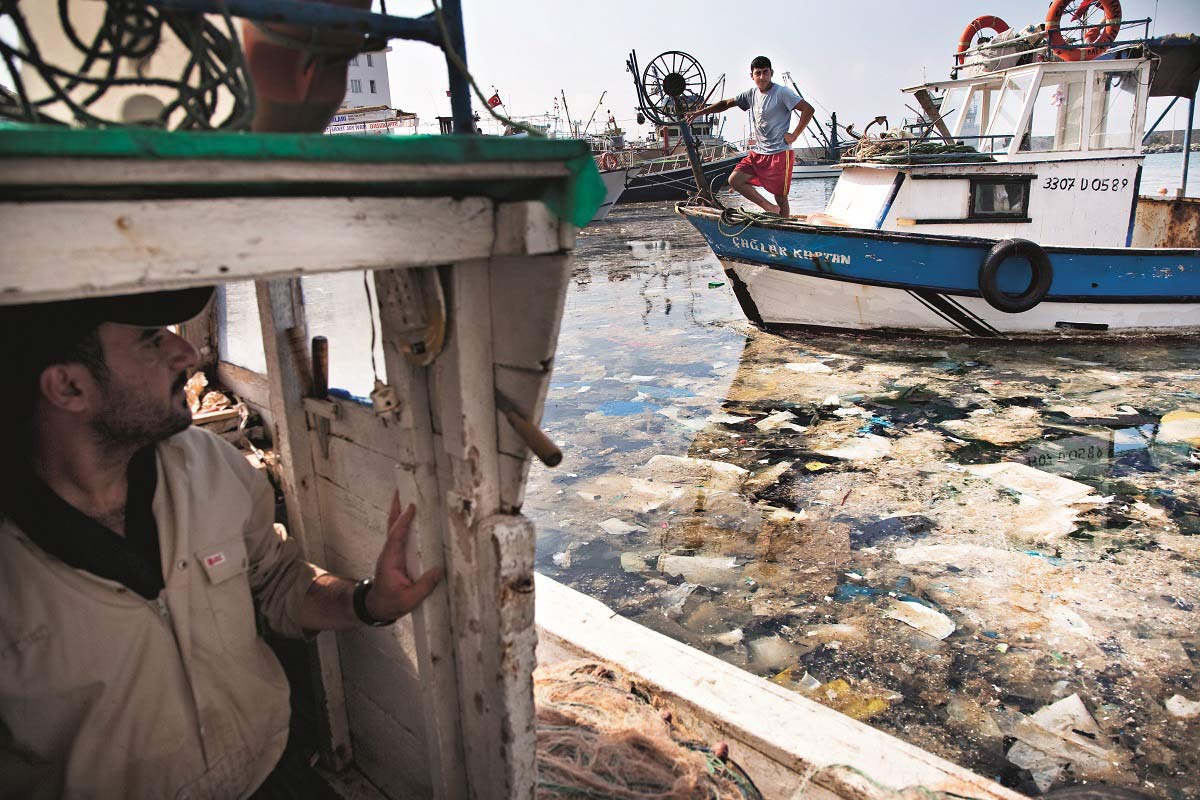
Pollution and overfishing disrupt marine ecosystems
Professor Ayas emphasized that pollution and overfishing disrupt the balance of marine ecosystems. He emphasized that the effects of pollution are not limited to physical substances such as plastics. Anthropogenic pollutants such as phosphorus, nitrogen, metals, pesticides and microplastics also cause significant damage to marine ecosystems.
When these substances, especially phosphorus and nitrogen, which can be called nutrient salts, are transported into the sea, they are utilized by plankton and converted into biomass. This biomass can be consumed by ecosystem elements in the food chain; otherwise they can lead to environmental disasters such as foam and mucilage.
Professor Ayas said: “Although the oceans have natural protective mechanisms, overfishing of organisms that keep the ecosystem in balance disrupts the natural balance. And problems such as mucilage and foaming are a growing problem.”
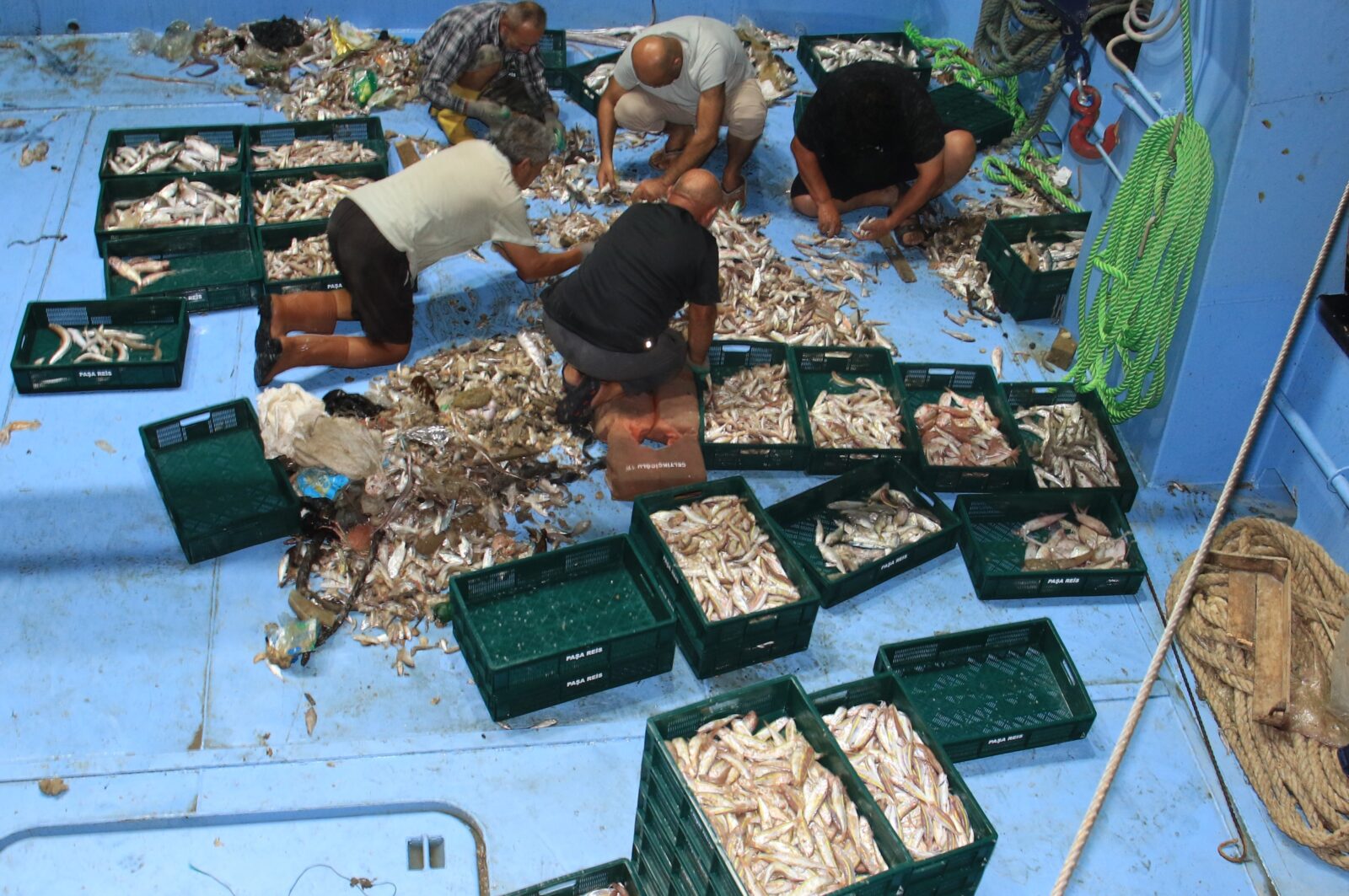
Impact of fishing on marine ecosystems
Professor Ayas highlighted the significant damage caused by fishing to marine ecosystems. He pointed out that overfishing is one of the main causes of the destruction of marine ecosystems.
“Uncontrolled fishing damages marine ecosystems like no other activity. The real problem is the overexploitation of all marine resources. When stocks are depleted, the sea cannot recover. Although the oceans have neutralization mechanisms to prevent terrestrial pollution, when stocks of planktivorous species such as anchovies and sardines are depleted by overfishing, the mechanism for eliminating mucilage-producing microalgae is also eliminated.” he added.
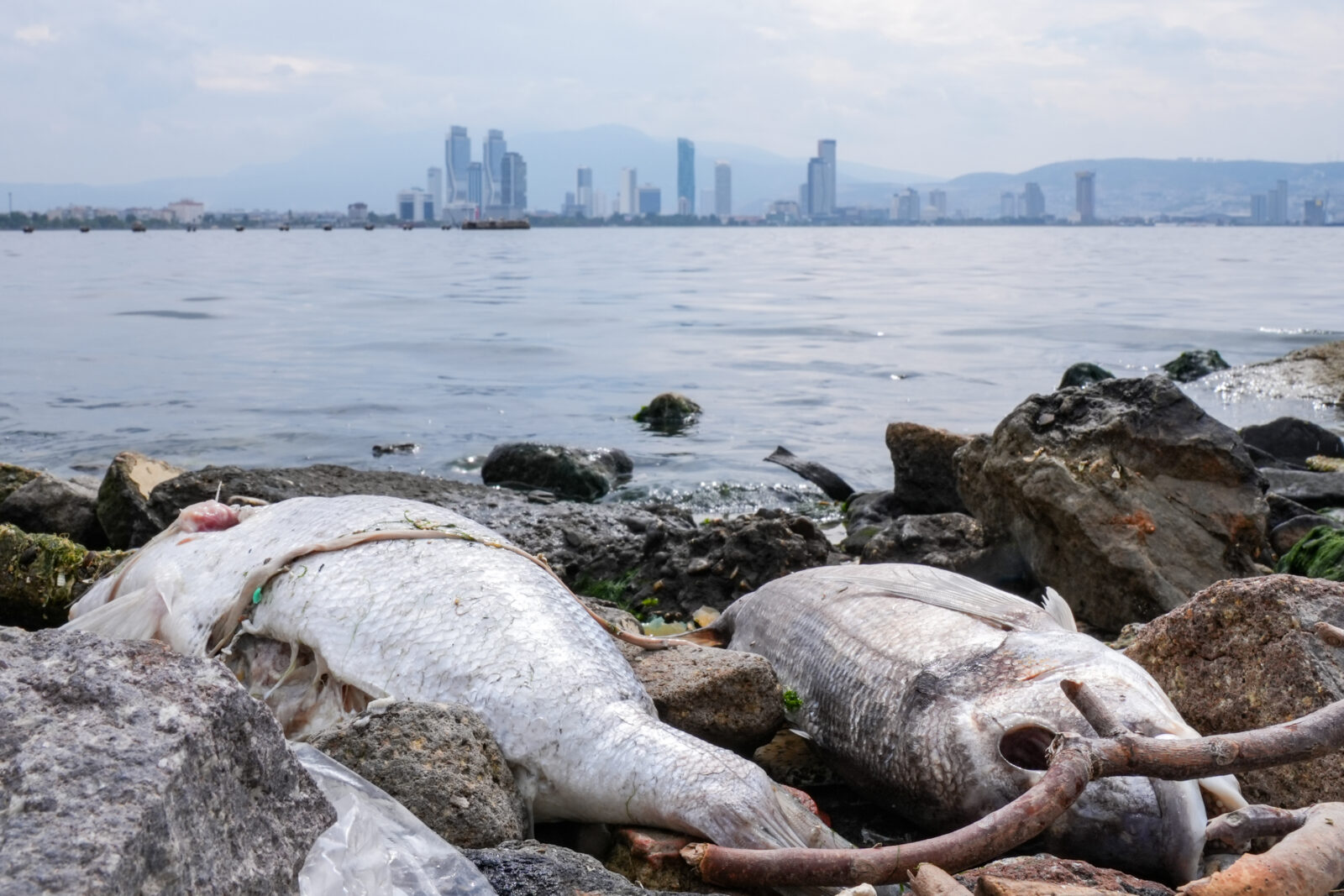
Role of seas and oceans in climate regulation
Seas and oceans provide oxygen, water, food, and energy, and play a critical role in regulating climate. Our fishing practices and consumption of marine products can either help protect these waters or degrade their health.
Healthy oceans are essential for a healthy humanity, as these waters are one of the primary resources for feeding a rapidly growing human population. But unchecked fishing is leading to the demise of healthy seas.
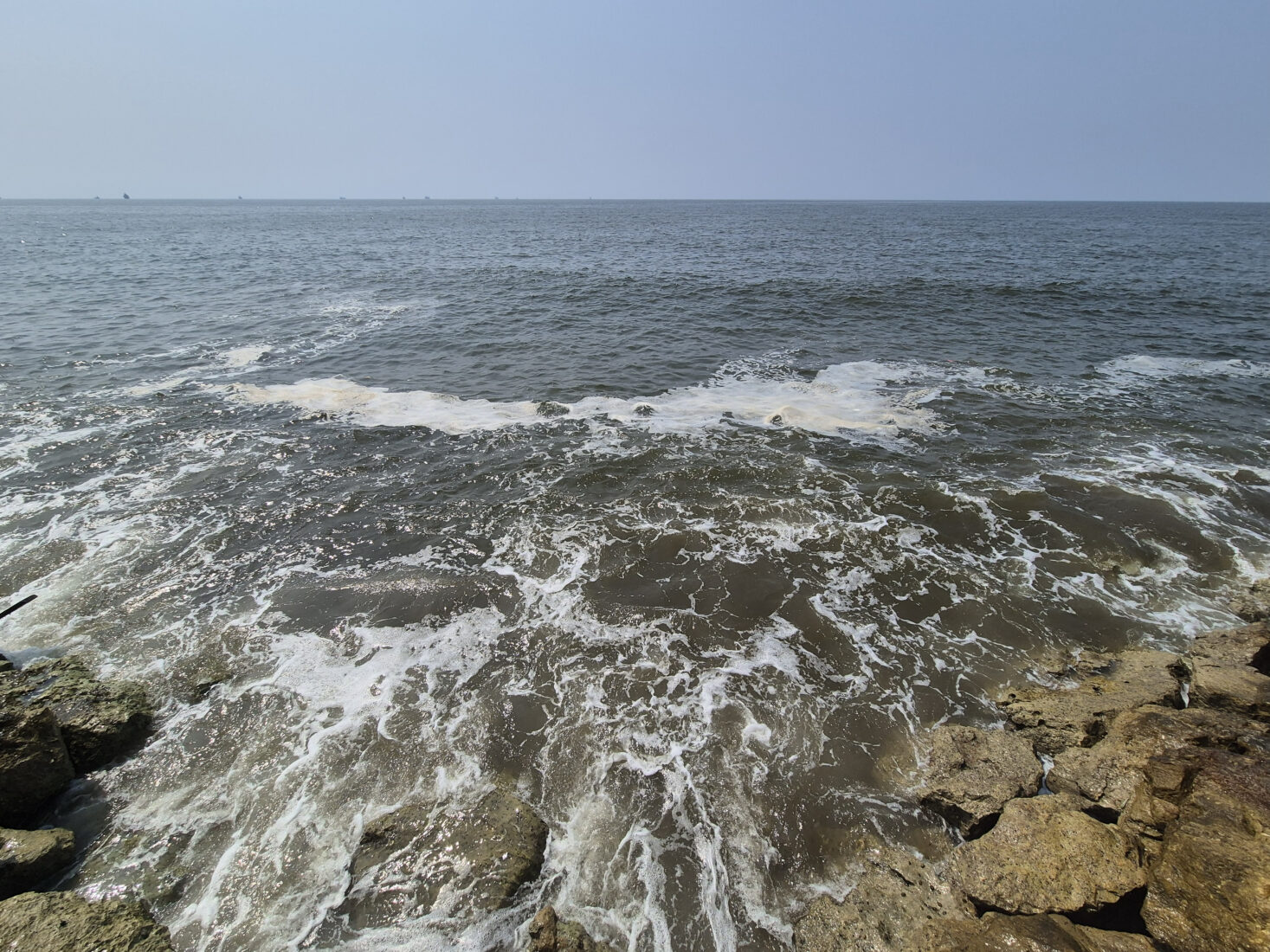
Challenges beyond fishing: Türkiye’s sea mucilage and pollution
Professor Ayas pointed out that Türkiye faces a more serious problem: the uncontrolled fishing of marine life that could otherwise help remove the mucilage once it settles on the seabed.
“In addition to uncontrolled fishing of shrimp and crab, that consume mucilage, those who eliminate these creatures with high-tech equipment are also wiping out the organisms that would consume the mucilage once it forms,” he explained.
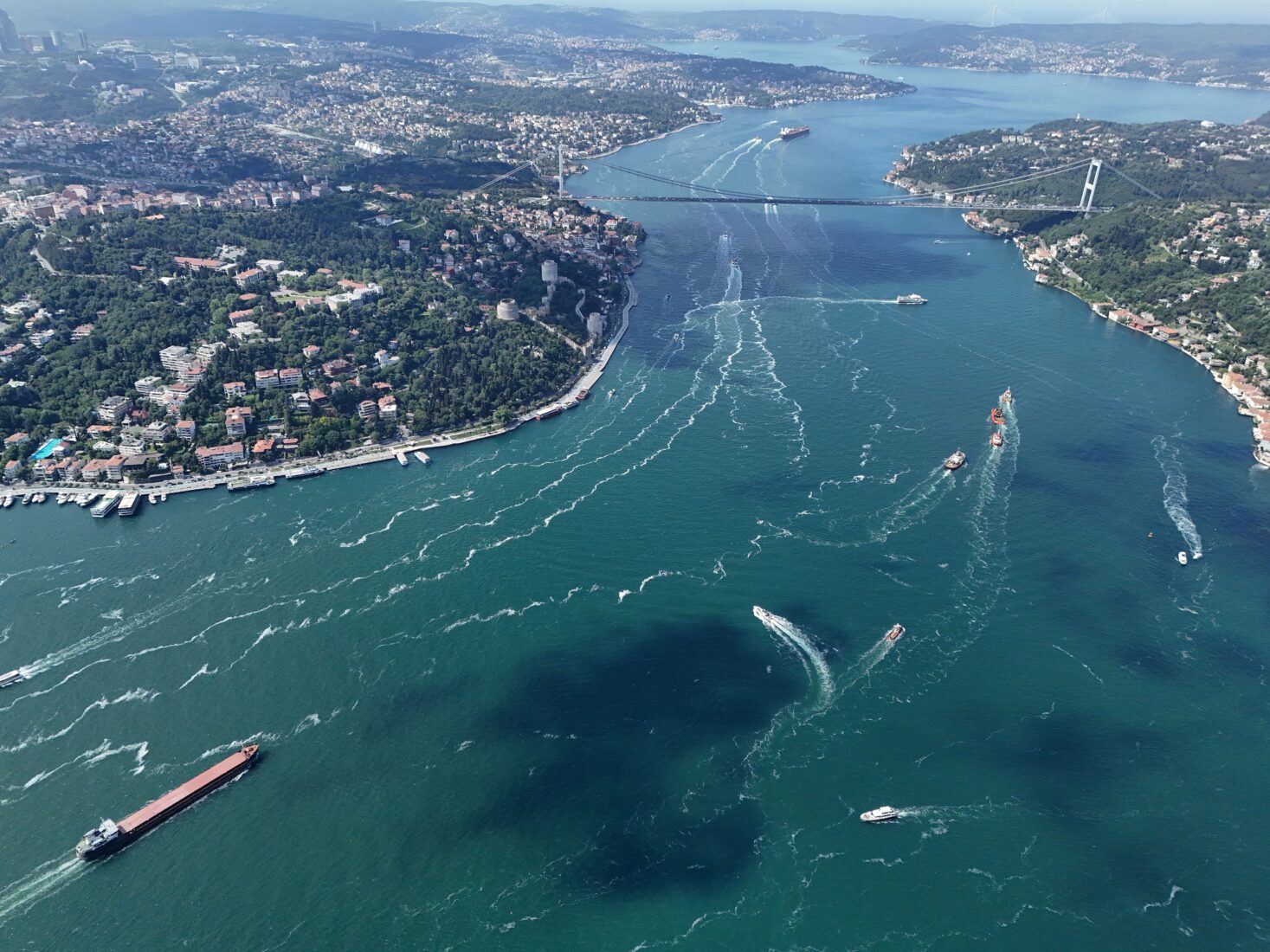
Large fleets and technological advancements threatening marine ecosystems
Large fishing fleets equipped with advanced technology catch thousands of tons of fish, threatening marine ecosystems. Professor Ayas addressed whether eliminating such fishing practices would solve the problem of mucilage: “Mucilage is a natural phenomenon and occurs naturally. Mucilage is the conversion of increased nutrient salts in the marine environment into food by plankton. We are experiencing these problems because overfishing practices have eliminated the living groups that would eliminate this food. If the seas is allowed to recover, nature will continually renew itself.”
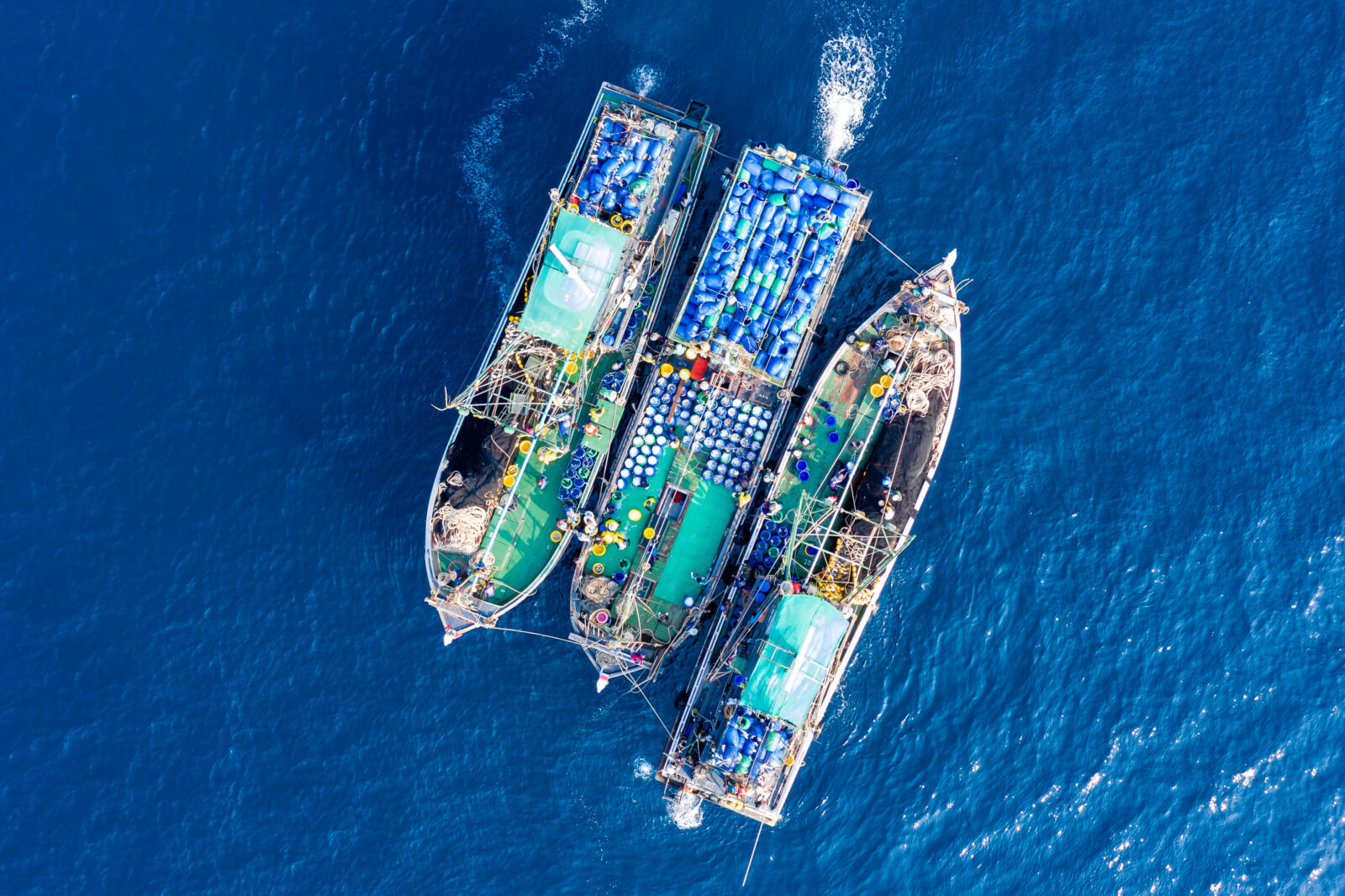
Overfishing and decline of bluefin tuna
Large fishing fleets are catching bluefin tuna before the migration season ends, either selling these fish directly to foreign markets or transporting them to tuna farms. Uncontrolled fishing has brought the bluefin tuna in the Mediterranean to the brink of extinction. The effectiveness of new controls and measures in protecting this species remains to be seen. Rapidly expanding fishing fleets, dwindling stocks, and illegal fishing are leading to a crisis.
“There is intense fishing pressure on the Mediterranean, including all seas in our country. The removal of fish groups critical to the food chain, such as those feeding on plankton, increases the risk of mucilage and foam formation in all our seas,” said Professor Ayas.
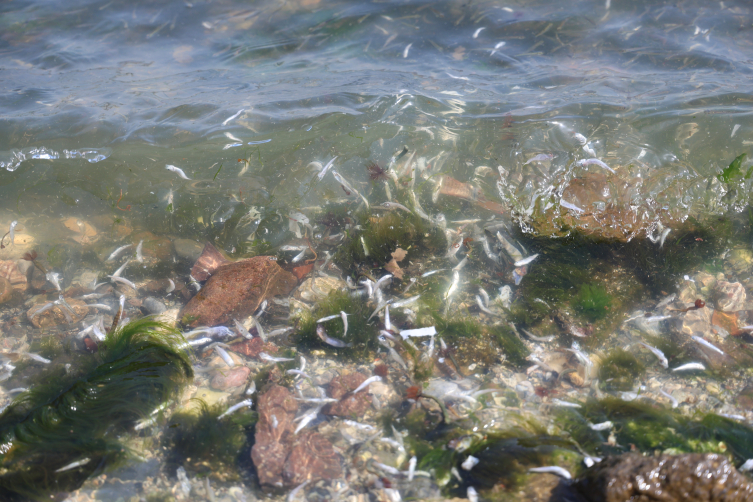
Rising sea temperatures and their effects
Professor Ayas also emphasized that rising sea temperatures are also a major problem. The frequency and duration of warm air currents over the Mediterranean are increasing. This meteorological situation, caused by climate change, leads to high temperatures in the surface waters of the Mediterranean Sea. Increased seawater temperature affects the biodiversity of the Mediterranean and increases the rate at which tropical species move into the region, he said.
“The increase in temperature is causing an increase in the rate of spread of tropical species in the Mediterranean, leading to changes in marine ecosystems,” he said.
Impact of temperature increase on marine habitat
Professor Ayas explained that rising ocean temperatures affect habitat-forming organisms, threatening the habitats of other marine life.
“The rise in temperature primarily eliminates seagrass beds, starting with sponges and corals. When these habitat-forming organisms disappear, areas of high biodiversity in the 0-25 meter band of the Mediterranean become desert-like. If these organisms disappear due to rising temperatures, it leads to other serious problems,” he noted.
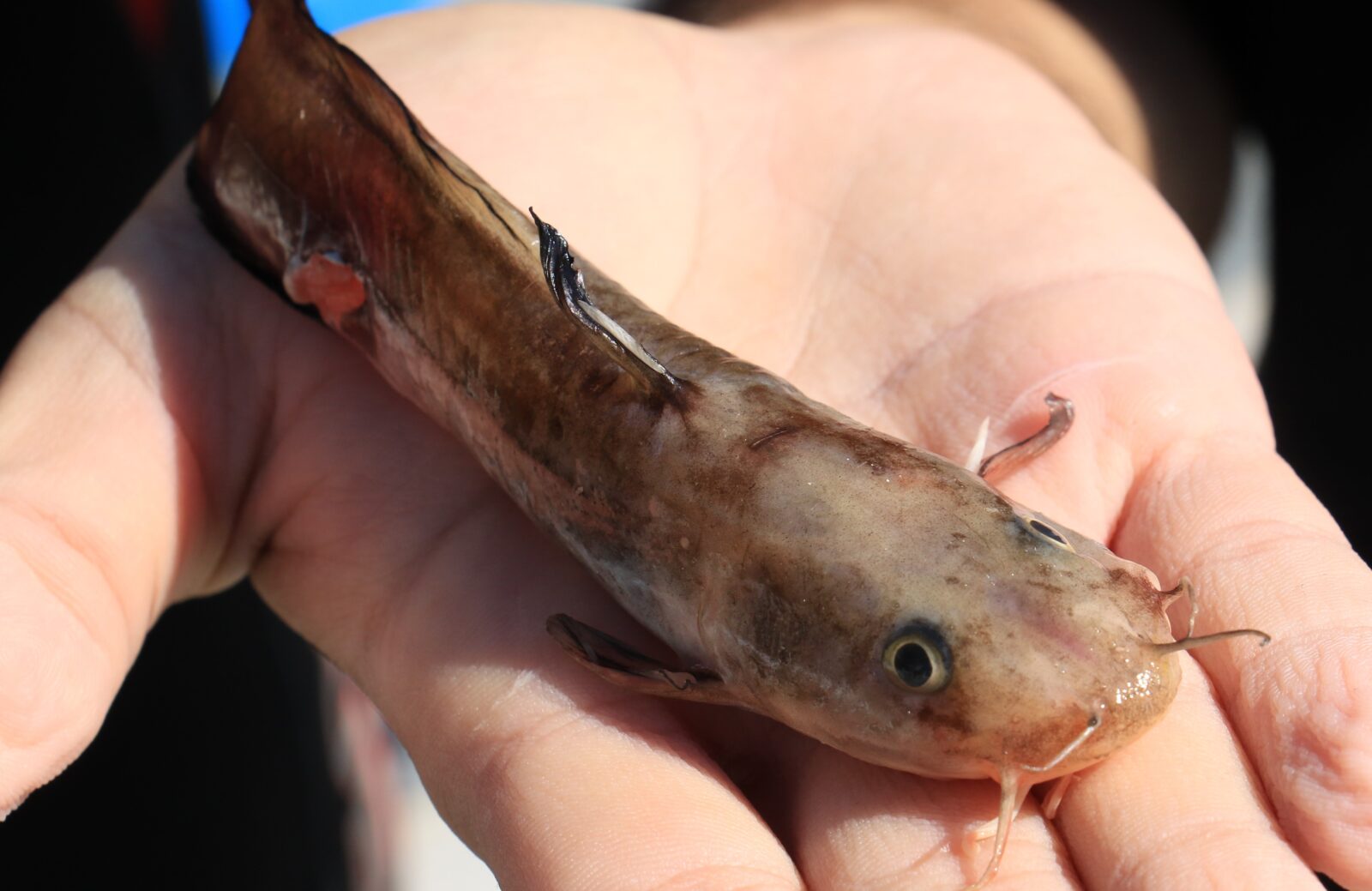
Tropical migration and habitat changes in the Mediterranean
Professor Ayas discussed significant changes occurring in the Mediterranean due to tropical migration and habitat shifts.
“Extreme temperature increases are the main cause of the extinction of some marine groups. For example, the Mediterranean seagrass Posidonia oceanica can no longer survive. Instead, tropical species adapted to warmer seas, such as Halophila stipulacea, are colonizing areas where native seagrasses have disappeared. These tropical species do not provide as important a habitat for other marine species as Mediterranean meadows,” he said.
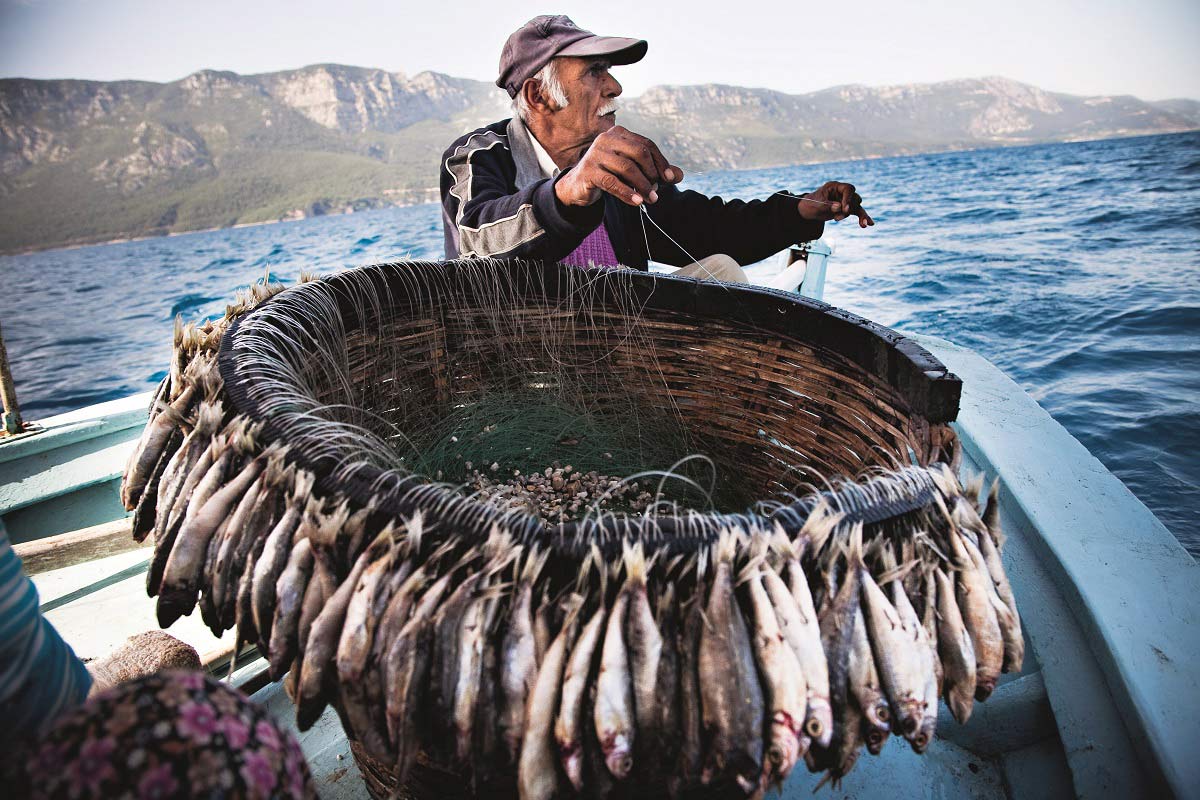
Importance of marine conservation and sustainable fishing
Professor Ayas emphasized the importance of marine conservation and sustainable fishing practices and argued that national and international institutions that regulate fisheries should take effective measures to address these issues.
The over-exploitation of stocks by large fishing vessels and advanced technologies is the reason why not only edible species, but also species such as sharks, which play an important regulatory role in the marine ecosystem, are struggling to survive. The transition to sustainable fishing methods is critical for the conservation of oceans and biodiversity.



